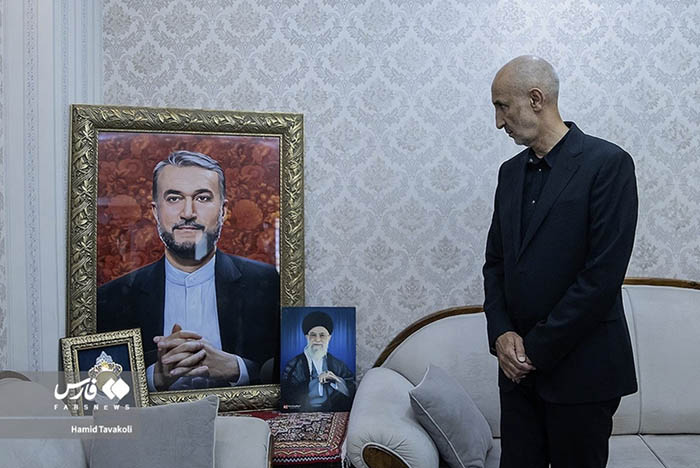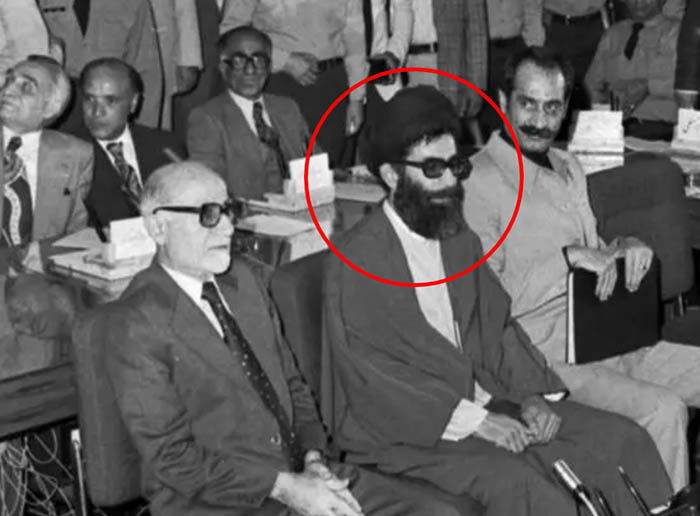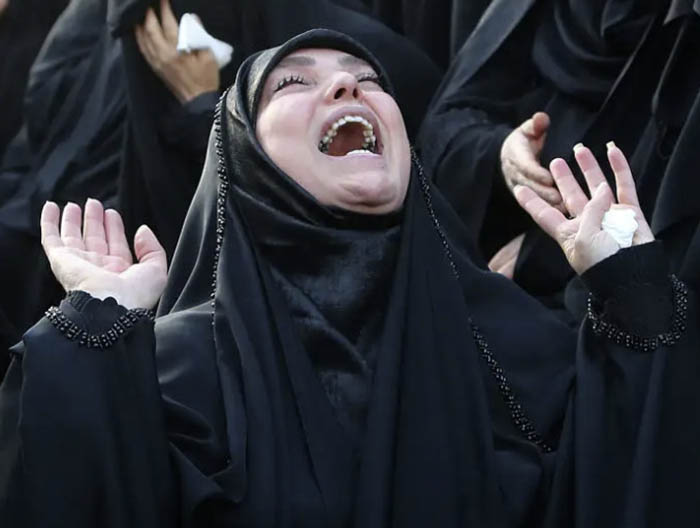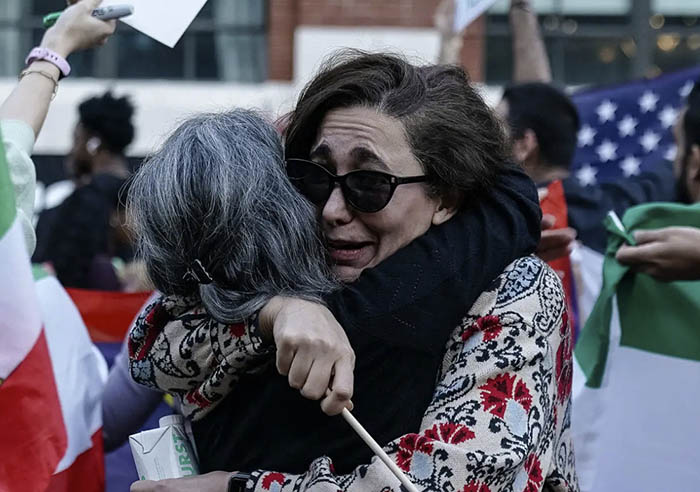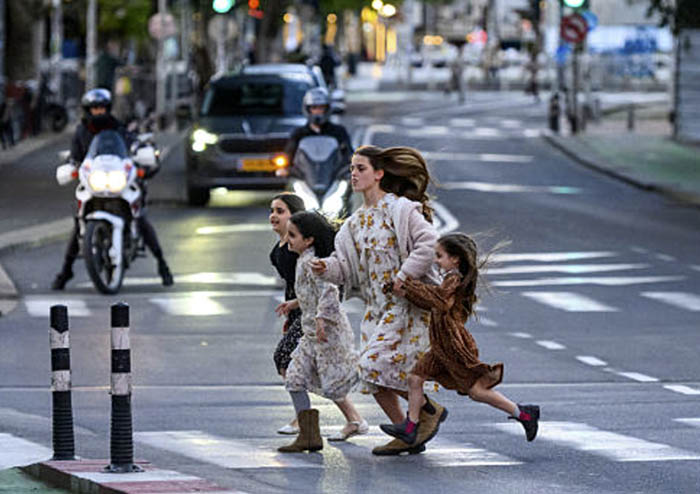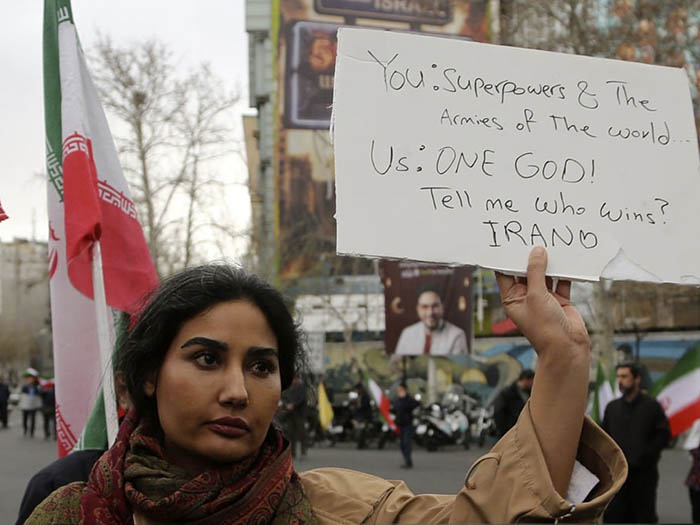More stories
Ali Khamenei: Leadership of the Islamic Republic (1979-1989) and the Role of the Supreme Defense Council
Introduction Ali Khamenei, born on July 17, 1939, in Mashhad, Iran, is the current Supreme Leader of the Islamic Republic … Continue reading ➝
Mourning for Khamenei’s Death: A Hypothetical Crisis Scenario and Its Global Consequences
Introduction The geopolitical relationship between Iran, the United States, and Israel remains one of the most volatile and strategically significant … Continue reading ➝
Khamenei Eliminated: Global Celebrations, U.S.–Israel Strike on Iran, and the Escalating Middle East Conflict of 2026
Introduction The news that Ali Khamenei had reportedly been killed during a joint military operation sent shockwaves across the globe, … Continue reading ➝
Israelis Brace for Retaliation After Joint U.S.–Israel Strikes on Iran
Introduction Sirens wailed across central Tel Aviv as residents rushed into underground shelters, light rail stations, and reinforced safe rooms … Continue reading ➝
Khamenei’s Swallows on the Streets of Tehran After Israel–U.S. Joint Strikes: Protests, Explosions, and Regional Fallout
Introduction In the aftermath of reported joint military strikes by Israel and the United States, thousands of Iranians flooded the … Continue reading ➝
